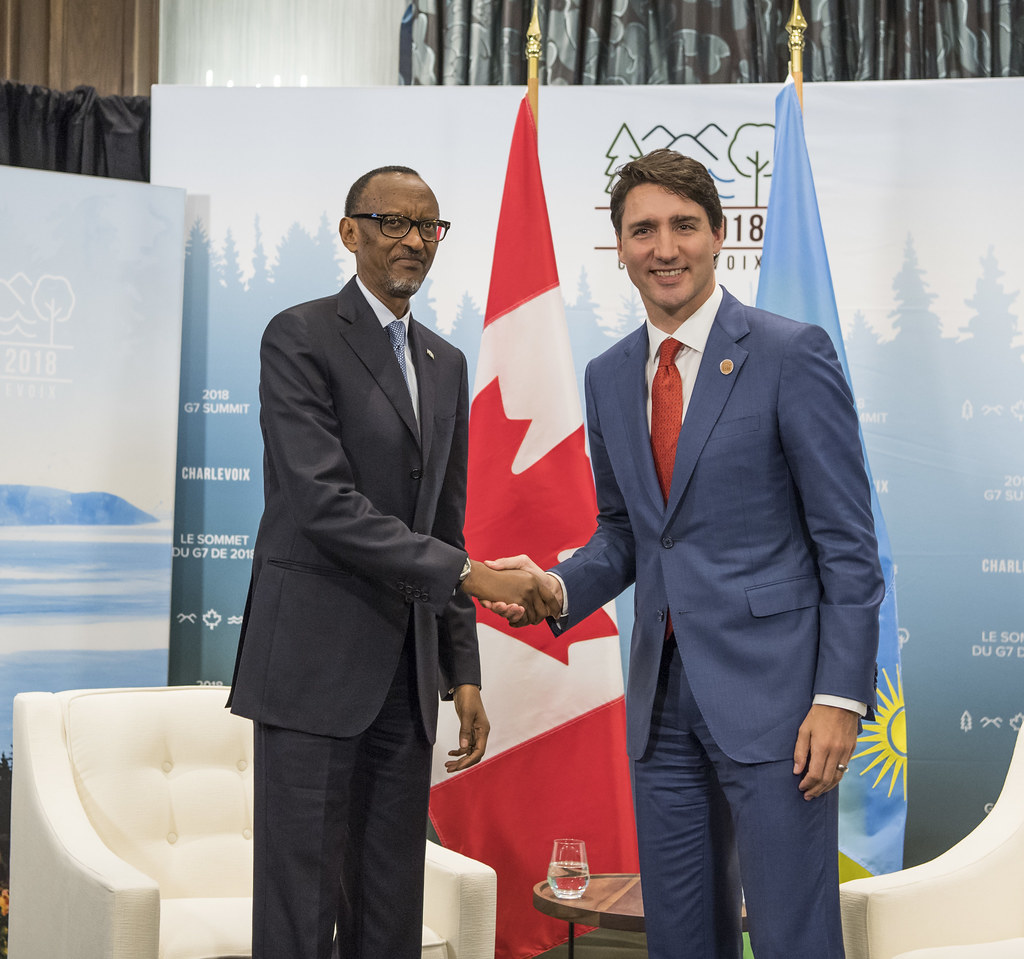Takeaways:
- Prime Minister Justin Trudeau plans to resign once the Liberal Party selects a new leader, citing internal party challenges and declining support.
- Parliament is prorogued until March 24, delaying legislative activity and political motions, including a Conservative confidence vote.
- Trudeau reflects on his legacy, achievements, and regrets, including the unfulfilled promise of electoral reform.
Trudeau Resigns: A New Chapter for Canada’s Liberal Party
Prime Minister Justin Trudeau announced his decision to step down once the Liberal Party elects a new leader, ending a decade-long leadership that shaped Canada’s political landscape. The announcement comes amid declining public support, internal party tensions, and significant challenges facing the government.
In a statement outside Rideau Cottage on Monday, Trudeau shared his reflections on his tenure and the decision to resign after discussing it with his family over the holidays.
“This country deserves a real choice in the next election, and it’s become clear to me that if I’m having to fight internal battles, I cannot be the best option in that election,” Trudeau told reporters.
Prorogation and Leadership Transition
Trudeau also revealed that he asked Governor General Mary Simon to prorogue Parliament until March 24. This decision delays legislative activity and gives the Liberal Party time to conduct a nationwide leadership race.
The prorogation means the government avoids an immediate confidence vote in the House of Commons, granting a political breather during a turbulent period.
Trudeau expressed optimism about the upcoming leadership process:
“The Liberal Party of Canada is an important institution in the history of our great country. A new leader will carry its values and ideals into the next election.”
Challenges Leading to Resignation
Trudeau’s decision follows mounting pressure from within his party. Over two dozen MPs and multiple regional caucuses—notably from Ontario, Quebec, and Atlantic Canada—had called for his resignation in light of sinking public opinion polls.
Adding to the turmoil was the high-profile departure of Deputy Prime Minister Chrystia Freeland last month. Freeland resigned after declining a proposed role to manage Canada-U.S. relations, publicly criticizing the government’s economic policies. Her resignation marked a turning point in Trudeau’s political standing.
Trudeau’s Legacy
Trudeau, who became Liberal leader in 2013 and prime minister in 2015, leaves behind a mixed legacy:
Key Achievements:
- Legalizing marijuana and reforming the Senate.
- Introducing the Canada Child Benefit, which lifted thousands of children out of poverty.
- Leading Canada’s response to the COVID-19 pandemic through vaccine procurement and economic aid.
- Implementing $10-a-day child care plans across provinces.
Controversies and Regrets:
- Ethical scandals, including the SNC-Lavalin affair and WE Charity controversy, tarnished his progressive image.
- Failure to deliver on the promise of electoral reform remains a regret.
Reflecting on his unfulfilled goals, Trudeau said:
“I wish we’d been able to change the way we elect our governments… Finding common ground is important for democracies.”
Political Fallout and Opposition Reactions
Trudeau’s resignation sets the stage for a heated political battle. Conservative Leader Pierre Poilievre criticized the Liberals, claiming Trudeau’s departure was a tactical move to salvage the party’s declining popularity.
“Their only objection is that he’s no longer popular enough to win,” Poilievre said, calling for an immediate election.
NDP Leader Jagmeet Singh, who previously ended his party’s agreement to support the Liberal minority government, argued the Liberals as a whole have lost credibility:
“The problem is not just Justin Trudeau. It’s every Liberal MP that ignored Canadians’ concerns about high costs and crumbling healthcare.”
International Implications
Trudeau’s resignation also coincides with rising tensions with the incoming U.S. administration. President-elect Donald Trump has threatened to impose 25% tariffs on Canadian imports, citing border security and drug trafficking concerns. The economic fallout from such tariffs could be devastating, further complicating Canada’s political landscape.
Trump responded to the news on Truth Social, suggesting Canada would benefit from merging with the United States, a comment dismissed by Canadian leaders as “absurd.”
What’s Next for Canada?
Trudeau’s exit ushers in a new era for Canadian politics, marked by uncertainty and opportunity. The Liberal Party’s leadership race will determine the direction of the party and its ability to compete against a resurgent Conservative opposition.
As Trudeau prepares to leave public office, he emphasized the need for unity and collaboration:
“Removing me from the equation should decrease the polarization we’re seeing in Canadian politics.”
